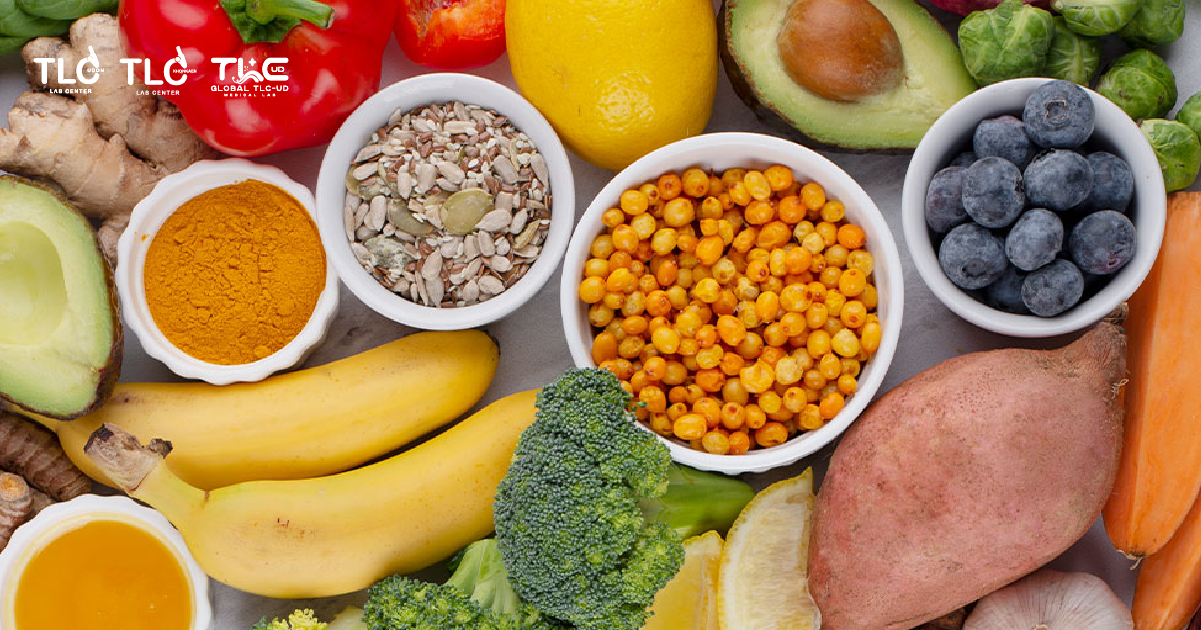Probiotics play a role in the digestion and fermentation of certain nutrients such as lactose, dietary fibre, and polysaccharides that the body cannot fully break down on its own. A lack of beneficial bacteria (probiotics) in the gut is closely connected with the development of food intolerance in several important ways:
Gut microbiota balance
When these beneficial microbes are lacking, certain digestive processes remain incomplete. This can lead to gas, bloating, or discomfort after eating certain foods — symptoms that resemble food intolerance.
Digestive enzymes and short-chain fatty acids (SCFAs)
Probiotic ช่วยผลิตเอนไซม์และกรดไขมันสายสั้น (เช่น butyrate, acetate, propionate) ที่มีบทบาทในการดูแลเยื่อบุลำไส้
เพราะการขาด probiotic ทำให้การผลิตเอนไซม์บางชนิดลดลง ซึ่งทำให้อาหารบางประเภทไม่ถูกย่อยอย่างสมบูรณ์ ทำให้เกิด malabsorption และ food intolerance
Intestinal permeability
Probiotics help strengthen the tight junctions in the intestinal wall. If these are weakened, “leaky gut” can occur, allowing substances that should normally stay in the gut to pass into the bloodstream. The body may then react abnormally to certain foods, resulting in intolerance symptoms.
Immune regulation
Probiotics influence the balance between Th1, Th2, and Treg immune cells, helping the body respond appropriately to foods. A deficiency can make the immune system overreact to some food components (even when not an IgE allergy), leading to food intolerance.

Clear examples:
*Lactose intolerance: The ability to digest lactose depends on the enzyme lactase and gut microbes. Without probiotic strains that help ferment lactose, symptoms such as diarrhoea and bloating can become obvious.
*FODMAP intolerance: An imbalance of gut microbes impairs the fermentation of FODMAPs, leading to bloating and abdominal pain.
Summary:
A lack of probiotics is not the only cause of food intolerance, but it is a key factor that can trigger or worsen symptoms. This is because it affects digestion, absorption, gut permeability, and immune function.
Reference
Berni Canani R, et al. (2012). Probiotics and food allergy: Review of the literature and proposal for a research agenda. Nutrients. 4(9):129-147.
Chung H, Kasper DL. (2010). Microbiota-stimulated immune mechanisms to maintain gut homeostasis. Current Opinion in Immunology. 22(4):455–460.
Sandhu KV, et al. (2017). Feeding the microbiota-gut-brain axis: diet, microbiome, and neuropsychiatry. Translational Research. 179:223–244.
Wang Y, Kasper LH. (2014). The role of microbiome in central nervous system disorders. Brain, Behavior, and Immunity. 38:1–12.














